
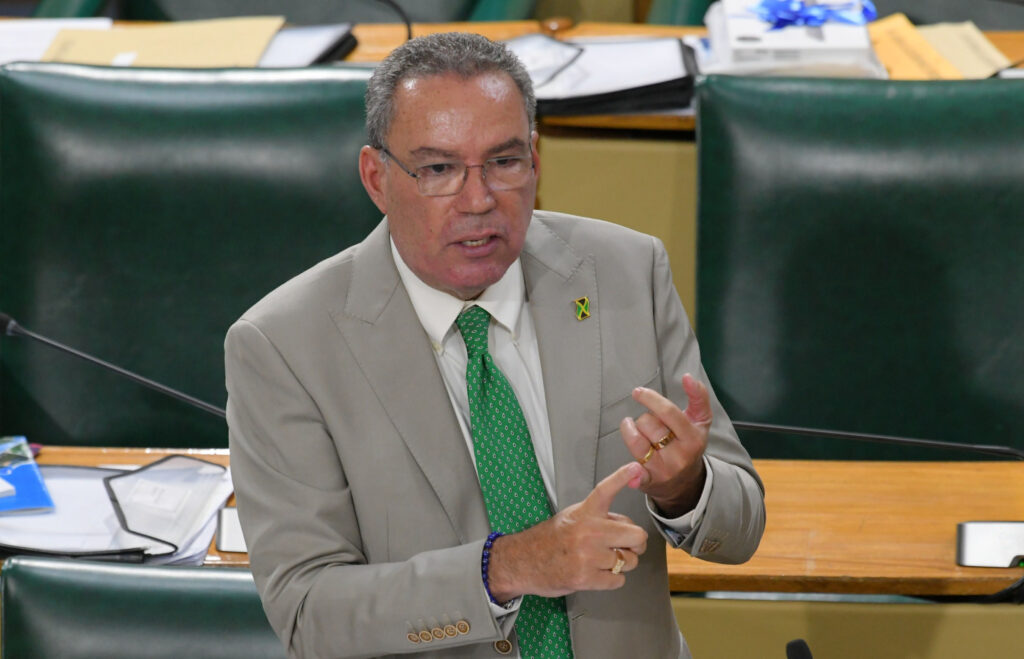
Durrant Pate/Contributor
Some 110 buses are bound for Jamaica between the end of June and early July for phase one of the government’s new Rural School Bus System to be rolled out for the 2025-26 academic year, starting in September.
In his contribution to the Sectoral Debate in Parliament on Tuesday (June 10), Transport Minister Daryl Vaz disclosed that the Rural School Bus System will be phased in over a three-year period. Under phase one, the 110 buses will service 258 rural schools.
“…Though commendable, this is approximately 30 per cent of the rural school population. Therefore, it is estimated that it will take the Government three years to be able to satisfy transportation needs of the
approximate 850 rural schools across all 14 parishes, “ Vaz told the House of Representatives.
He described the move as “one of the most transformative policies and projects since independence.”
The minister told fellow MPs that 326,000 students will stand to benefit from this initiative, explaining, “The far-reaching impact that this can have on our society, Madam Speaker, is beyond just transport. What we are doing here with the Rural School Bus System, Madam Speaker, will revolutionise the education sector in a way that no other Government has done since Independence.“
Phase 1 outlined
Minister Vaz reported that 60 of the 110 buses will be serviced ahead of the September 2025 back-to-school date, while 40 will be retrofitted between September 2025 and January 2026. The buses will be
deployed across specific school districts in all 14 parishes in the rural areas, (60 in September and 40 in January) and the other 10 reserved to cover unexpected issues like mechanical breakdowns, accidents, or
buses needing repairs or maintenance, without disrupting scheduled routes.
These 110 buses will serve 100 routes across rural Jamaica. The fleet will include 45 small buses with seating of up to 30 passengers, 40 medium-sized buses with seating of up to 54 passengers and 25 large buses with seating of up to 72 passengers. This is to ensure proper fit for the different terrains and population sizes to be covered.
Vaz stated, “The deployment of these buses is the commencement of a comprehensive rural school bus transportation system and is expected to service 258 of the 850 rural schools, around 30% of the
rural student population.”
The buses are already equipped for transporting students.
He highlighted that the buses are “purpose-built vehicles with specific safety standards, and unique structural designs with high-backed, padded seats aimed at protecting children in the event of a crash.”
The proposal for phase one also includes one year’s supply of spare parts, a school bus management system software, three years’ maintenance service and (specified) supplies and an electronic interface school bus programme.
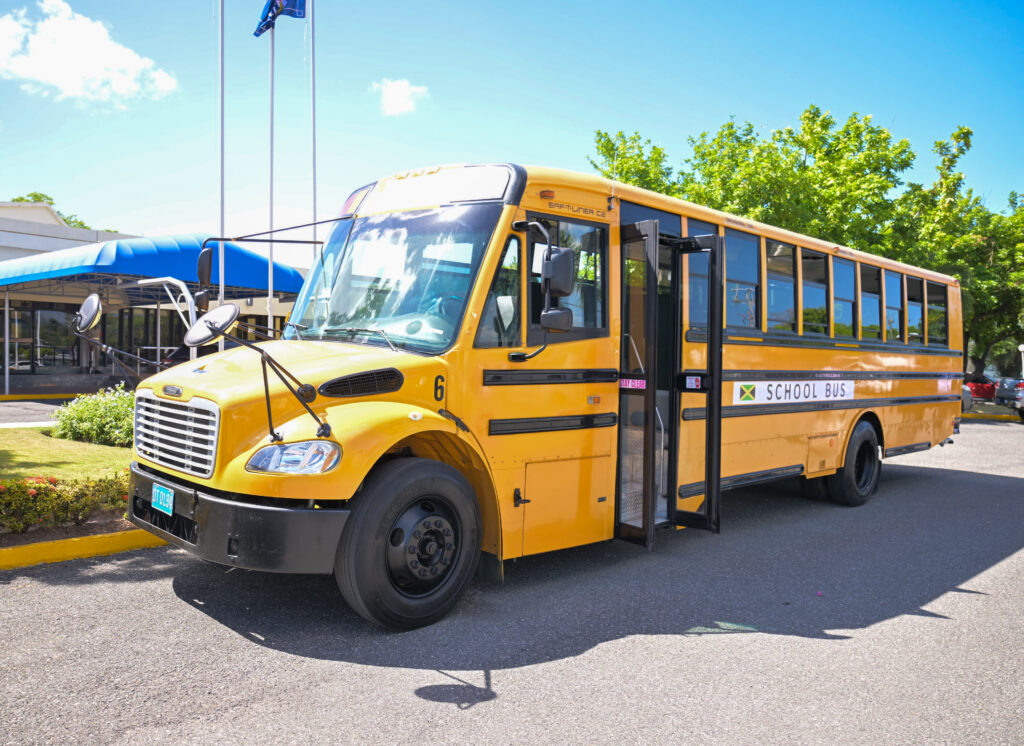
The buses will also feature technological safety and security measures, to include:
- Driver Monitoring System
- CCTV
- Dispatch management
- Geo-fencing of routes
- Speed control
- Mechanical alerts
- Maintenance management system
- Parental control portal
- Tracking
- Efficient route planning
- Reporting and analytics generation to provide detailed usage data to the Ministry of Education and Ministry of Transport.
The transport minister noted that the first bus that was earlier introduced within a school district in one parish has demonstrated impact in terms of acceptance by the stakeholders, ridership, and transportation efficiency and effectiveness. He pointed out that the number of students presenting for onboarding has been overwhelming, and the scheduling and routing have seen more students being able to reach school on time.
According to Minister Vaz, “It is also noteworthy that assessments done by the JUTC (Jamaica Urban Transit Company) confirmed the reliability of the bus as a unit, as well as its projected sustainability over time. The JUTC is satisfied with the performance of the (prototype) bus and, in particular, that the proposed buses with specific engine and chassis numbers that are operational within the US and Canada and deem that the buses will perform well on Jamaica’s terrain as it has on all terrains in North America’s for many decades (since 1939 in the US).”
Based on this projection, it is estimated that any major overhaul will not be necessary for at least 20+ years, proving that value for money has been obtained.
Vaz declared that the buses have had a strict
maintenance schedule, noting that the prototype in use now is a Thomas 2009 model equipped with a Cummins diesel engine, arriving in Jamaica at approximately 136,000 miles at an age of 16 years.
“The buses arriving are all between eight and 10 years with an average mileage ranging between 60,000 and 140,000 miles, which is certainly not the old, useless buses that are being spoken of,” the transport minister said in conclusion.

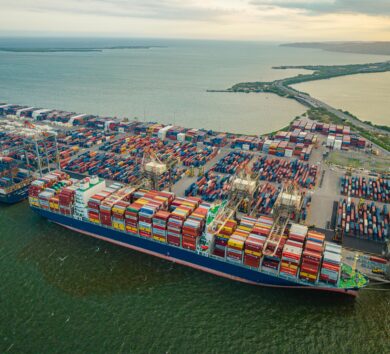


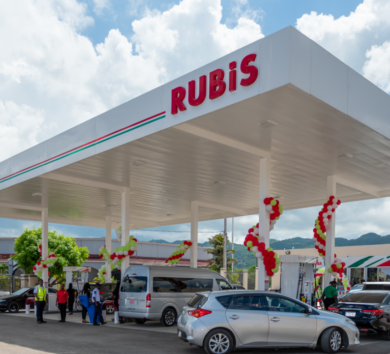

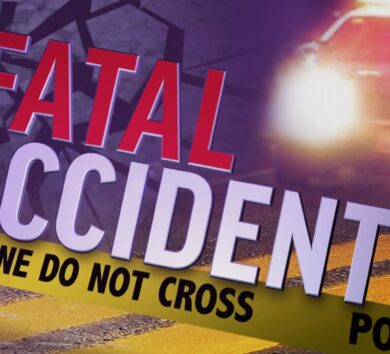
Comments